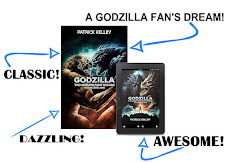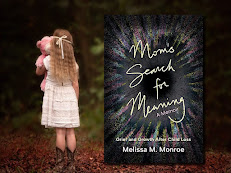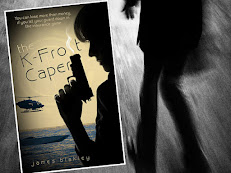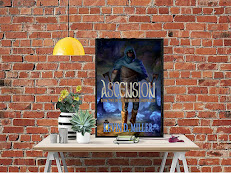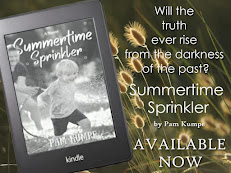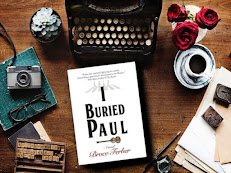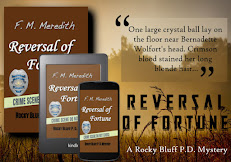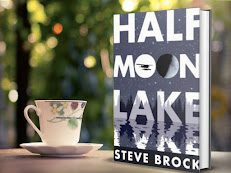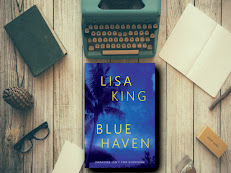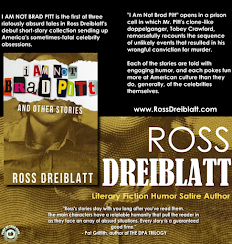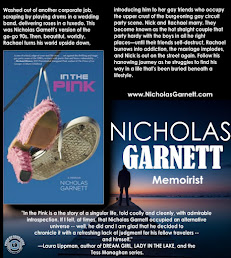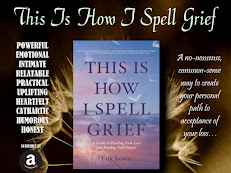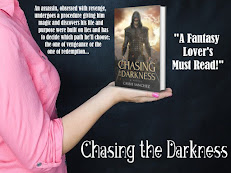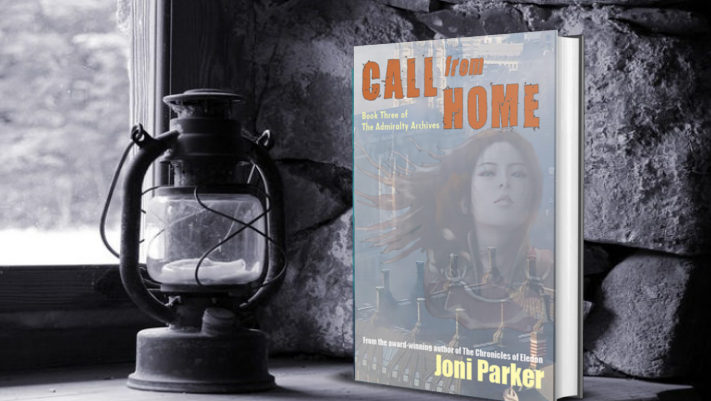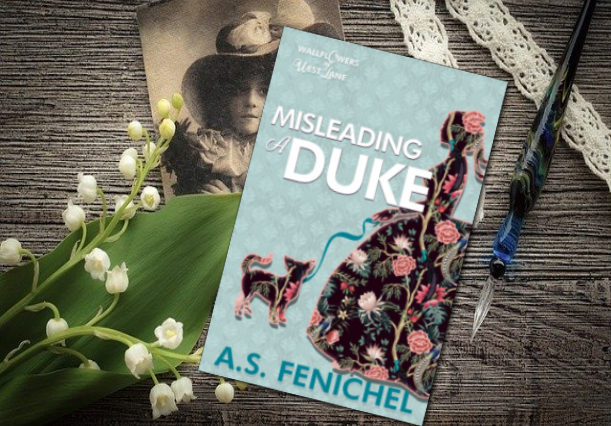How I Find Inspiration for My Books by Guest Blogger Kat Henry Doran
thewriterslife
11:10 AM
0 Comments
I like to write about subjects every reader understands to a certain degree: loneliness, fear, sorrow, grief, ambition, greed, lust, fun. I want my characters to come from all walks of life, though I admit I am drawn to nurses and doctors, cops and attorneys, offenders and users. It has always been said, 'write what you know best'. That's what I do, what I know best.
I firmly believe the setting is equally as important as the human characters--and become a character on their own. I want to create towns and settings that readers remember, understand and appreciate: some place in the back of nowhere [ as in Captain Marvelous] or the working side of town in well-known tourist areas [as in Try Just Once More].
In 1997 I was lucky enough to land a job with a PI firm based in New York City which allowed me to travel all over Upstate New York, from Buffalo to Albany; Ogdensburg [near the Canadian border] to the Catskills, and places in between. One day I drove through a small Central New York town named New Woodstock which probably took less than five minutes from one end to the other. At the far end, just inside the village line, I passed a State Trooper substation. One lone car was parked in the lot. I immediately thought, What would it be like for some hot shot big city cop to be yanked out of the lights, camera, action of urban crime scenes and dropped [read demotion] into the south side of No Man's Land? How would he handle traffic delays due to an escaped herd of cows? How would he cope with a town grocery store that sells everything from motor oil to baby buntings to back issues of Guns and Ammo? "Captain Marvelous" was born. On a previous business trip, I'd passed a group of migrant workers heading into their camp after a long day in the fields. Bingo, I had the perfect victims. And later, while driving to the northwest border of the Catskill Mountains, along Interstate 88, I found the scene of the crime for the Captain to investigate. Man, the words could not come out of my fingers fast enough.
Several years ago I read an article in the local newspaper which concerned a well-known entrepreneur who was found in a local establishment well known to local law enforcement for its frequent flyer guests, dead from an overdose of heroin. The two people he'd been partying with were subsequently arrested and charged with manslaughter. They claimed the businessman "begged" them to give him the speedball. The jury did not buy their story. The community was shocked; this man--active in a number of local charities, known for his many good works and philanthropy, hid deep dark secrets from everyone. My heart went out to his family who had no idea their husband and father led a double life. The family's recovery from this tragedy became the basis for "Try Just Once More".
One of my favorite authors is Robert K. Tannenbaum; he is an attorney who writes legal suspense, carrying the same characters, Butch Karp and Marlene Chiampi, through each story. The characters are fun, funny and interesting. The setting, New York City, is an equal partner to Butch and Marlene for their quirks and foibles. In one book, Mr. Tannenbaum likened the odor which abounds in an Upstate maximum security correctional facility to the monkey house at the zoo on a hot July afternoon. At the time I read this line, I thought little of it. Then I was assigned to investigate a vehicular fatality which occurred in a city in Western New York State. My job was to take photographs from the point where the subject vehicle landed nose-down on a second vehicle, moving outward backward for a total of 1500 feet, and determine if the driver of the car would have been able to see the parked vehicle and stopped in time to avoid the collision. Likewise, I was to determine through interviews with survivors if they had any advance warning this vehicle was approaching.
Long story short, I found myself in the middle of a housing project whose grounds appeared well maintained. The sidewalks were clean and free of debris; the lawns showed no litter. The few pedestrians on the sidewalks nodded greetings to me. Access to buildings was made via double locked doors, communication with the residents was done through cell phones in order to have someone unlock the doors to admit me. I then had to climb four flights in an airless stairwell that smelled of fresh cigarette smoke and was illuminated only by sunshine coming through filthy dingy windows to reach the designated apartment. It smelled just like the monkey house at the zoo.
There were no bulbs in the ceiling lights; I was told they were stolen each time the city replaced them. Then I asked what residents did at night when they were coming home, or going to work and was told, "they pray, ma'am". The people I interviewed were polite and helpful, grateful for any assistance I could give them, and insisted on remaining with me while I took photos of the crash site.
It was only later that I learned this particular housing project claims the highest homicide rate in the city.
My adventures that day will certainly be the inspiration in an upcoming book.
I hope you find this bit of reminiscing helpful to your readers. If I can assist you in any other way, please don't hesitate to contact me.
I hope you find this bit of reminiscing helpful to your readers. If I can assist you in any other way, please don't hesitate to contact me.
Kat Henry Doran admits a life-long fascination with off the wall characters and unique locations have influenced her writing. She'd also agree her varied careers as a nurse and an advocate for victims of sexual violence often dominate the flavor of her novels--even when she'd prefer they stay tucked away in the back of a dark closet.
Working for a full-service private investigation firm allows her to travel the length of Upstate New York while investigating allegations of medical malpractice and incidents of personal injury--and to discover the perfect setting for her first novel "Captain Marvelous" right down to the scene of the crime. The heroine's home in Kat's second novel "Try Just Once More" was discovered while traveling to the very northern border of New York
Kat and her college professor husband live in Western New York where they enjoy their children, both the two and four-footed variety, and their new grandchild. When she's not investigating or writing, Kat presents professional workshops to writers, under her real name, on a variety of topics revolving around sexual violence.
To learn more about her books, and her workshops, visit her website at www.Kathenry.com.
Working for a full-service private investigation firm allows her to travel the length of Upstate New York while investigating allegations of medical malpractice and incidents of personal injury--and to discover the perfect setting for her first novel "Captain Marvelous" right down to the scene of the crime. The heroine's home in Kat's second novel "Try Just Once More" was discovered while traveling to the very northern border of New York
Kat and her college professor husband live in Western New York where they enjoy their children, both the two and four-footed variety, and their new grandchild. When she's not investigating or writing, Kat presents professional workshops to writers, under her real name, on a variety of topics revolving around sexual violence.
To learn more about her books, and her workshops, visit her website at www.Kathenry.com.
























